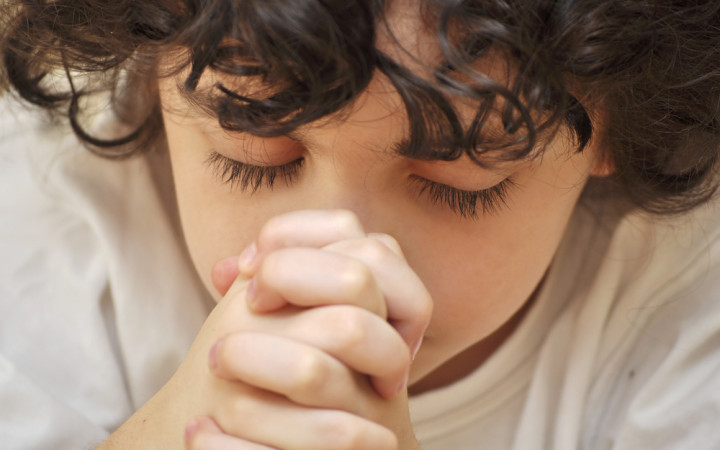The High Holy Days of Judaism begin with Rosh Hashanah (the Jewish New Year) and end ten days later with Yom Kippur, also known as the Day of Atonement. Jews consider Yom Kippur to be the holiest day of the year.
In Hebrew, Yom means “day" and Kippur comes from a root word that means “to cover" or “to hide." In this way, Yom Kippur has come to mean the day when Jews atone for (make up for) their sins of the past year.
Jews believe that God forgives those who repent (feel sorry) and atone for their sins (wrongdoings) against God and others. They believe that repenting and atoning for their sins, and being forgiven by God, allow them to prosper in the new year to come.
During the High Holy Days, Jews take time to evaluate their behavior over the past year. They look for times when they've wronged God or others. Yom Kippur is a special day to confess one's sins and seek forgiveness from God and others.
To help block out the distractions of the world and focus their energies on self-assessment, Jews traditionally observe Yom Kippur with a 25-hour period of fasting and intense prayer. From sundown the night before until an hour after nightfall on the day of Yom Kippur, all adult Jews (except for those who are ill or pregnant) must go without food or drink.
Although fasting can be uncomfortable, it helps Jews appreciate all the gifts they receive from God every day. Fasting also helps them understand that, in the new year to come, they can master their desires and control their impulses. Fasting focuses Jews on spiritual, rather than bodily, desires for a day.
In addition to fasting, Jews also avoid a few other things on Yom Kippur, including work, leather shoes or clothing, bathing and wearing perfumes or lotions. Refraining from these luxuries symbolizes a return to a clean, sinless state.
Because Yom Kippur is considered the holiest day of the Jewish year, it is observed by many secular Jews (those who are of Jewish descent, but who do not practice the religion of Judaism strictly). For many secular Jews, Yom Kippur may be the only day of the year they attend prayer services at a synagogue.
Yom Kippur prayer services, in addition to being well-attended, are unique in another way. Unlike any other religious holiday, Yom Kippur services consist of five prayer services. This reflects the holiday's focus on atonement and repentance.




